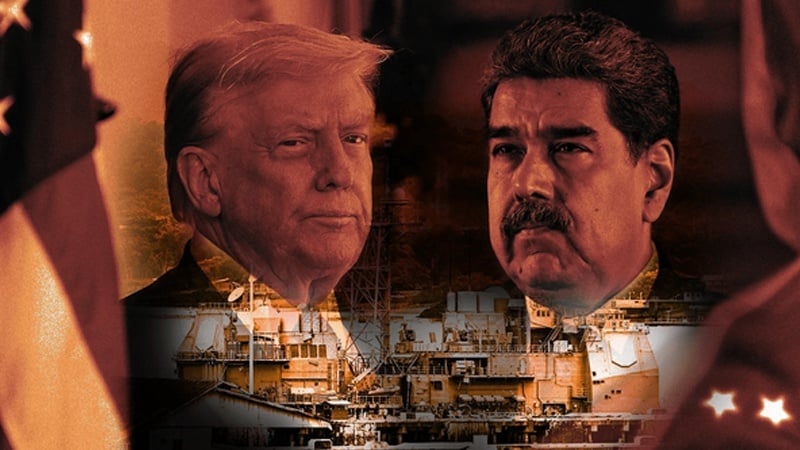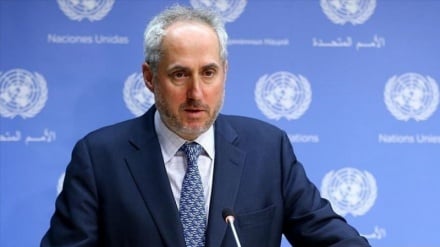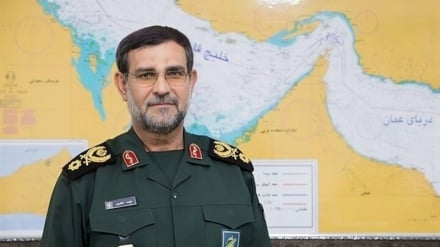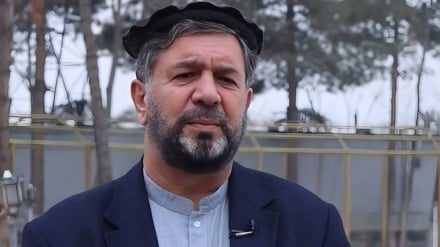Venezuela’s black gold: Hidden motive behind Washington’s pressure on Caracas
-

Venezuela’s black gold: Hidden motive behind Washington’s pressure on Caracas
Pars Today - Venezuela’s status as home to the world’s largest oil reserves is considered the main motive behind U.S. President Donald Trump’s military maneuvers against the country.
Venezuela, with the world’s largest oil reserves, is one of the most strategically important regions globally. The country holds over 310 billion barrels of proven reserves, surpassing both Saudi Arabia and Canada. These oil reserves have reportedly motivated U.S. President Donald Trump to pursue a dual objective: to remove one of America’s main regional opponents, Nicolás Maduro, from power, and to install a preferred figure who would facilitate easier access to the country’s oil.
According to Pars Today, citing Fars News Agency, U.S. President Donald Trump has so far justified all of his military actions against Venezuelan boats under the pretext of “combating drug trafficking.”
U.S. demand: Maduro must go
Donald Trump’s hostility toward Nicolás Maduro has a long history. During his first term, Trump led the well-known “maximum pressure” campaign aimed at overthrowing Maduro’s government. Maduro came to power in 2013 following the death of Hugo Chávez, Venezuela’s leftist president, and throughout his tenure has been known for his anti-American stance.
U.S. Secretary of State Marco Rubio, now a key driver of American policy toward Venezuela, has openly called for sweeping political changes in the country with the support of prominent opposition leaders. María Corina Machado, a Nobel Peace Prize nominee and a leading opponent of Maduro, has urged the U.S. and other nations to compel Maduro to step down, claiming that the 2024 presidential election in Venezuela was fraudulent. Washington also prefers to install a U.S.-approved figure in power to more easily achieve its objectives in the country.
U.S. Military focus intensifies in the Caribbean
The United States has currently deployed approximately 8 percent of its global fleet for missions in the Caribbean Sea. Since August, Washington has sent a diverse range of military assets to the region, including guided-missile destroyers, F-35B fighter jets, MQ-9 Reaper drones, an amphibious assault group of 4,500 troops—including roughly 2,200 Marines—a nuclear submarine, and a special operations support ship. In recent weeks, the U.S. has also conducted aerial maneuvers, including special helicopter operations near Venezuela’s coast and flights by three B-52 strategic bombers in the area.
Earlier this month, former U.S. President Donald Trump instructed his special envoy, Richard Grenell, to suspend all diplomatic interactions with Caracas. Reports indicate that the U.S. government authorized covert CIA operations in Venezuela, including lethal missions, a claim later confirmed by Trump himself. Additionally, the U.S. has attacked Venezuelan boats on multiple occasions, killing several crew members under the pretext of combating drug trafficking.
Venezuela’s offers to U.S. rejected
Some media outlets report that Venezuela has taken preventive measures to avoid a conflict with the United States. Caracas attempted to dissuade Washington from further actions against the country through trade proposals, but all of these offers were rejected. It appears that the U.S. is primarily seeking to remove Nicolás Maduro in order to gain full control over Venezuela and more easily achieve its objectives.
However, experts warn that the risk of removing Maduro is high. They note that Maduro’s supporters are deeply embedded within various parts of Venezuela’s governmental system, making their removal difficult for any successor. Additionally, the armed forces may refuse to recognize a new government.
Experts warn that the risk of violence in Venezuela remains high if Maduro were removed. Urban and rural armed groups, as well as Colombian insurgent groups such as the ELN, could exploit any power vacuum. Furthermore, the widespread presence of illegal weapons in the country could trigger a serious security crisis.
The number of illegal weapons in Venezuela is estimated to reach up to six million, a factor that could seriously destabilize the country. Previously, CNN reported, citing informed sources, that the U.S. aims to pressure Maduro through military threats—including attacks on Venezuelan boats—to compel him to step down voluntarily. The American source stated, “Maduro must see the signs and step down himself.”


